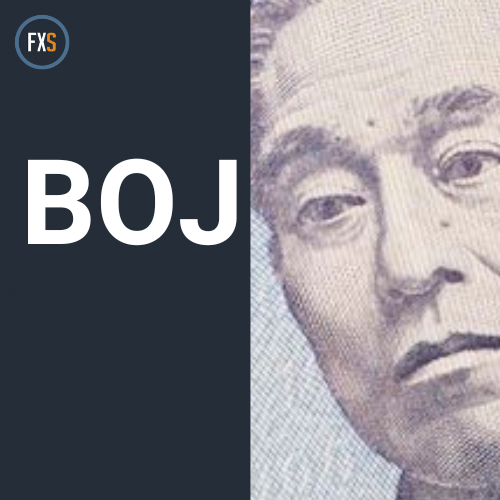According to the public broadcaster YLE, ex-Prime Minister Alexander Stubb is projected to have won the first round of the presidential election in Finland with 27.3% of the votes. Pekka Haavisto, the former foreign minister, came in second with 25.8%, and Jussi Halla-aho, the Parliamentary Speaker, came in third with 18.6%. As no candidate received more than half of the votes, a runoff between Stubb and Haavisto is now projected to take place on Feb. 11th.
YLE’s prediction is known for its accuracy in previous elections, as it is based on a mathematical model calculated using advance votes and a certain number of Sunday’s votes under official data provided by the Legal Register Centre. Finland does not generally use exit polls.
Stubb, 55, and Haavisto, 65, were the main contenders in the election to succeed outgoing President Sauli Niinistö, who could not seek reelection due to term limits, and the runoff will occur on Feb. 11th. Recent polls indicate that Stubb and Haavisto are the leading contenders in the election.
The president of Finland has executive power in formulating foreign and security policy, especially in dealings with countries outside the European Union such as the United States, Russia, and China, as well as serving as the supreme commander of the Finnish military. Approximately 4.5 million citizens were eligible to vote for Finland’s new head of state, and the polls closed at 8 p.m. (1800 GMT) on Sunday. “I expect strong leadership in the current global situation,” said Eve Kinnunen, a voter in Helsinki.
None of the candidates is expected to receive more than 50% of the vote in Sunday’s first round, leading to the runoff between Stubb and Haavisto. Stubb, representing the conservative National Coalition Party, and Haavisto, an ex-U.N. diplomat running for the post for the third time, are each estimated to garner 23%-27% of the votes. They are followed by Jussi Halla-aho with around 18% and Olli Rehn with about 14%. The new head of state will start a six-year term in March in a significantly different geopolitical and security situation in Europe than the incumbent Niinistö faced after the 2018 election.
By joining NATO, Finland became the Western military alliance’s 31st member, marking a significant shift in the country’s military posture given its border with Russia. The ongoing war in Ukraine, which is close to Finland’s border, has also raised the president’s importance as a security policy leader in Europe. The candidates have mostly agreed on major foreign policy issues, including Finland’s future policies toward Russia, enhancing security cooperation with the United States, and continuing to support Ukraine both militarily and with humanitarian assistance.
Initial results from Sunday’s voting were expected by around midnight (2200 GMT; 5 p.m. EST), and the first round results will be officially confirmed on Tuesday.___Kostya Manenkov and Sergei Grits contributed to this report.













